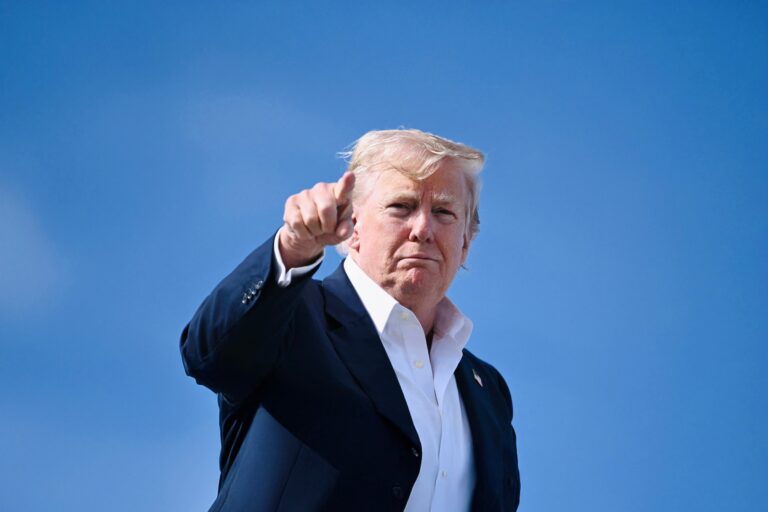US President Donald Trump signed an executive order requiring a $100,000 fee for applicants to the H-1B visa programme. The order claims the programme faces “abuse” and denies entry unless applicants pay the full charge.
Critics argue the H-1B programme harms American workers. Supporters, including billionaire Elon Musk, say it helps the United States secure top global talent.
New gold card option for wealthy applicants
Trump also launched a “gold card” programme to fast-track visas for certain immigrants. Fees for the scheme start at £1m.
Commerce Secretary Howard Lutnick joined Trump in the Oval Office on Friday. “A hundred thousand dollars a year for H1-B visas, and the major companies are on board,” he said. “Train graduates from American universities. Stop bringing in people to take our jobs.”
Caps and fees on the H-1B system
Since 2004, the H-1B programme has limited applications to 85,000 per year. Before this order, fees averaged around $1,500.
US Citizenship and Immigration Services revealed applications for the next fiscal year fell to 359,000. That figure marks a four-year low.
Amazon received the most H-1B visas last year, followed by Tata, Microsoft, Meta, Apple and Google.
Start-ups face devastating costs
Immigration lawyer Tahmina Watson said the change could severely impact her clients, many of whom run small businesses or start-ups. “Almost everyone’s going to be priced out,” she said. “This $100,000 fee will devastate many.”
She explained that companies usually sponsor foreign workers only when they cannot fill positions with Americans.
Critics warn of lost competitiveness
Jorge Lopez, chair of the immigration and mobility practice at Littler Mendelson PC, attacked the move. He warned it “will freeze America’s competitiveness in tech and other industries.”
Some companies might consider relocating abroad, though such moves remain difficult to achieve.
Trump’s shifting stance on visas
The H-1B issue has long divided Trump’s circle. Some allies supported it, while critics like Steve Bannon opposed it.
In January, Trump said he understood both sides of the argument. During his campaign, he even promised green cards for graduates. “You need a pool of people for companies,” he told the All-In Podcast. “You must recruit and keep them.”
Earlier restrictions under Trump’s presidency
In 2017, Trump signed an order tightening scrutiny of H-1B applications. The measure aimed to improve fraud detection.
Rejections peaked at 24% in the 2018 fiscal year. Under Barack Obama, rejection rates stood at 5% to 8%. Under Joe Biden, they fell to 2% to 4%.
Tech companies strongly opposed the restrictions, warning they risked innovation and growth.
India expected to suffer major impact
The new fee carries serious global consequences. India, the largest source of H-1B applicants, expects heavy disruption.
Experts warn the restrictions could reshape hiring worldwide and drive investment away from the United States.


